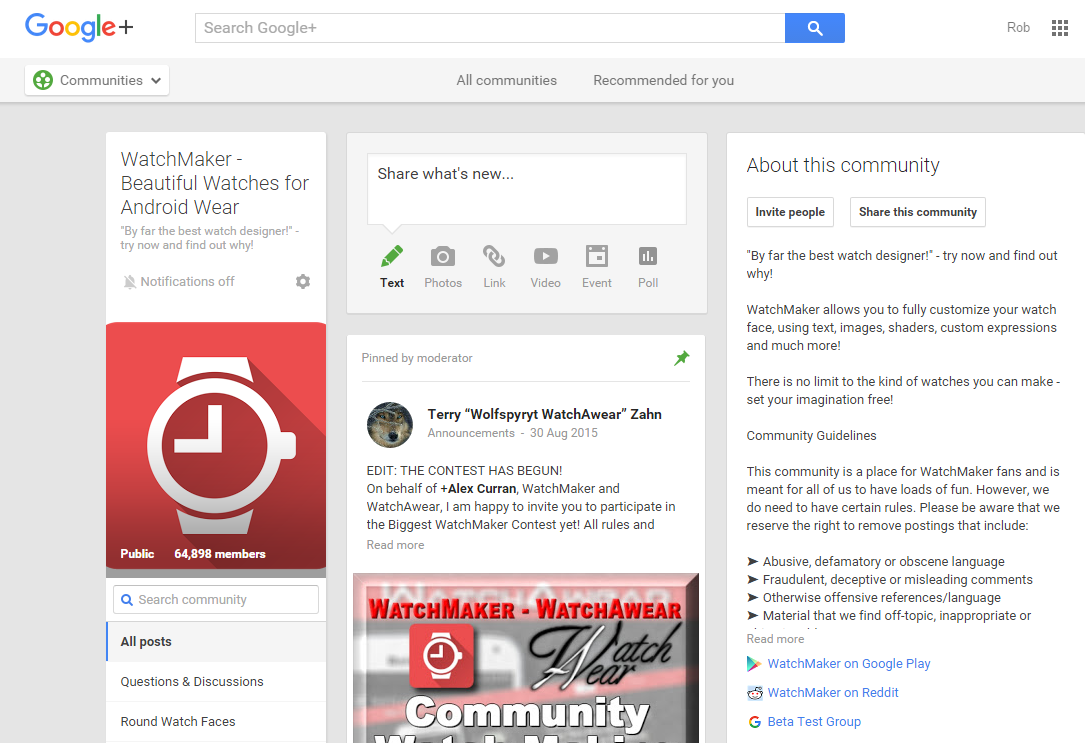I had a good catchup with an old boss today. Chewing the fat about the state of the industry, how roles are changing (and how they aren’t). Last year he moved from a very traditional IT vendor to a hyperscale cloud provider and we ended up in a discussion around how recruitment is changing
Today he isn’t reading CV’s when trying to recruit. Predominantly because job titles no longer reflect the jobs we do (and the associated experience we can offer an employer). AI is scouring LinkedIn on his behalf looking for relevant skills he needs.
On reflection after our catchup, I think that’s related to the changing nature of our world. In the 80’s you could go to college to learn a skill and be relatively confident that’s the job you would have until you retire. Today AT&T is investing a billion dollars in it’s Lifelong Learning Program in recognition that unless it continues to evolve it’s products and services to meet the rapidly changing needs of the world, it will get left behind. And it can only do that if it has a workforce capable of continually developing and learning.
Which on the one hand is mentally challenging and somewhat unsettling because nothing you learn is fixed. Conversely it means that we’re always learning new things and developing. Dislike your job today? Don’t worry, you’ll be doing something completely different in a few years


